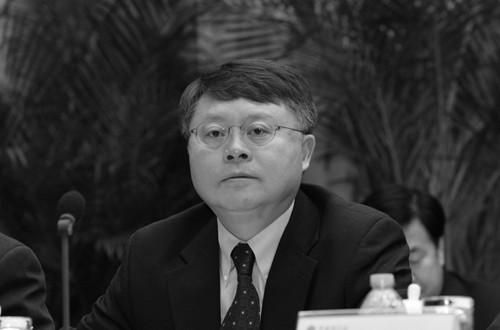A Chicago man was charged with felony computer hacking after gaining access to hundreds of Apple iCloud and Gmail accounts, including those of well-known names in the entertainment industry.
On July 1, Edward Majerczyk, 28, a resident of Orland Park, Illinois, signed a plea agreement in which he admitted his guilt to the unauthorized access of private computers at the United States District Court in Los Angeles, according to Department of Justice.
The case will be moved from Los Angeles to the Northern District of Illinois for Majerczyk’s sentencing. Majerczyk is expected to face up to as many as five years in prison.
Majerczyk carried out his hacking efforts through a phishing scheme from November 2013 through August 2014. The process involved first sending e-mails to victims that appeared to be from security accounts of internet service providers. The victims were then directed to a website that would collect the victims’ usernames and passwords, which Majerczyk used to illegally access their iCloud and Gmail accounts.
Along with personal information, Majerczyk also collected sensitive and private photographs of many female celebrities in a September 2014 scandal dubbed “Celebgate.” In total, Majercyzk had accessed at least 300 email accounts, with at least 30 belonging to celebrities. Police have yet to find evidence linking Majercyck to the actual leaking of the photographs.
“This defendant not only hacked into e-mail accounts – he hacked into his victims’ private lives, causing embarrassment and lasting harm,” said Deirdre Fike, an Assistant Director of the FBI’s Los Angeles Field Office. “As most of us use devices containing private information, cases like this remind us to protect our data. Members of society whose information is in demand can be even more vulnerable, and directly targeted.”
United States Attorney Eileen M. Decker said that the “hacking of online accounts to steal personal information is not merely an intrusion of an individual’s privacy but is a serious violation of federal law.”
She added: “Defendant’s conduct was a profound intrusion into the privacy of his victims and created vulnerabilities at multiple online service providers.”




